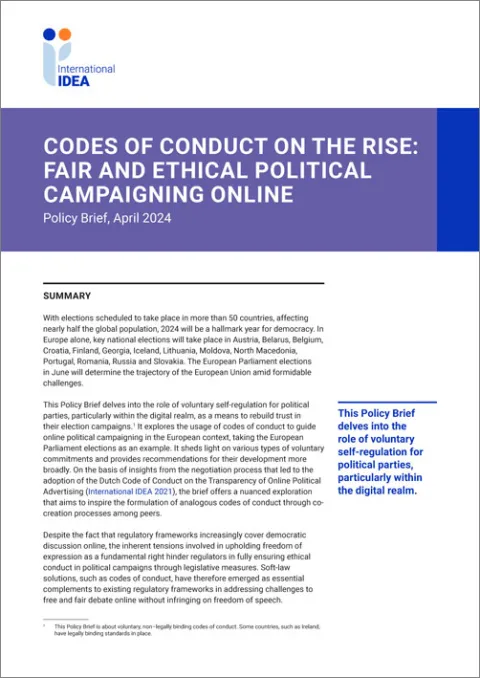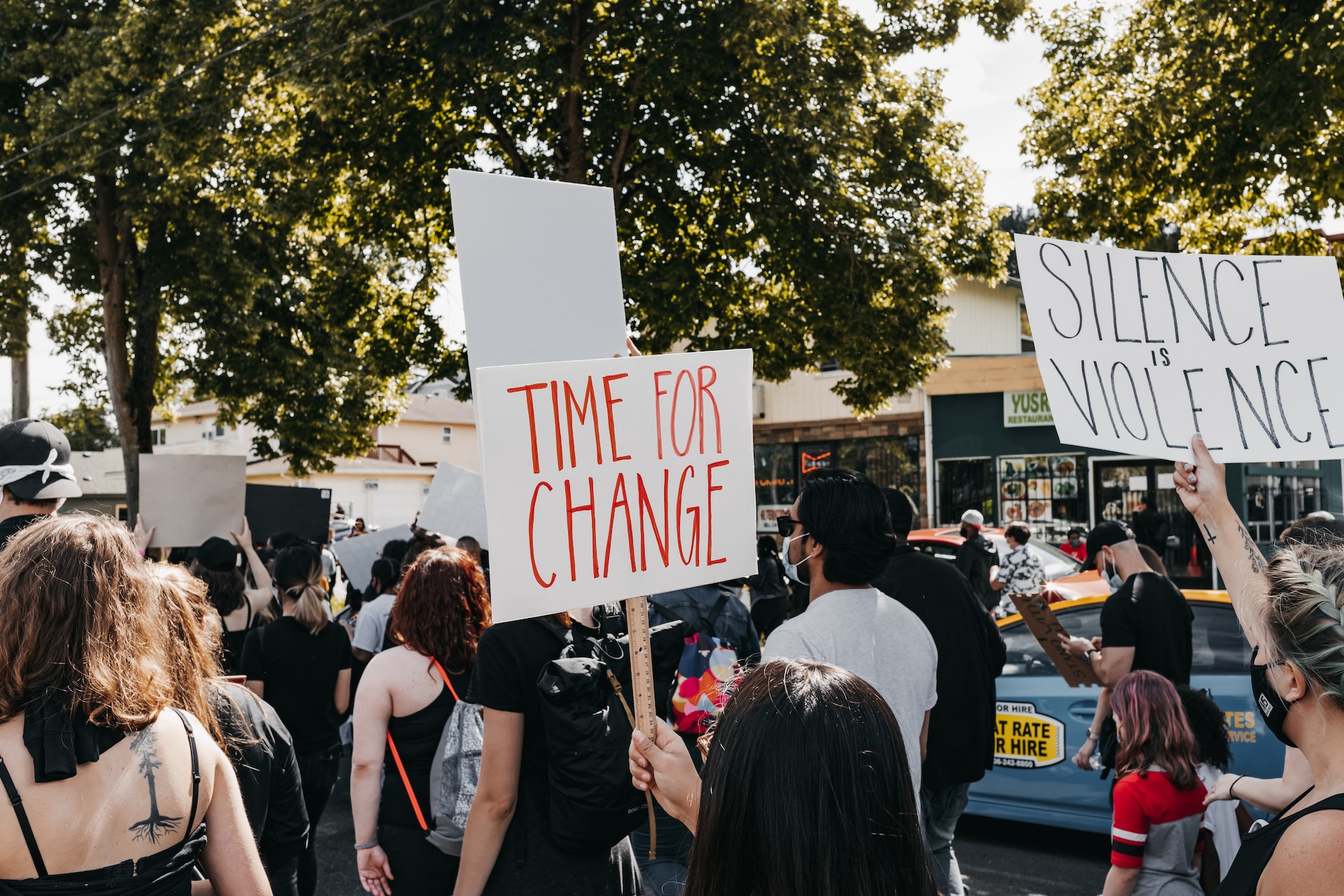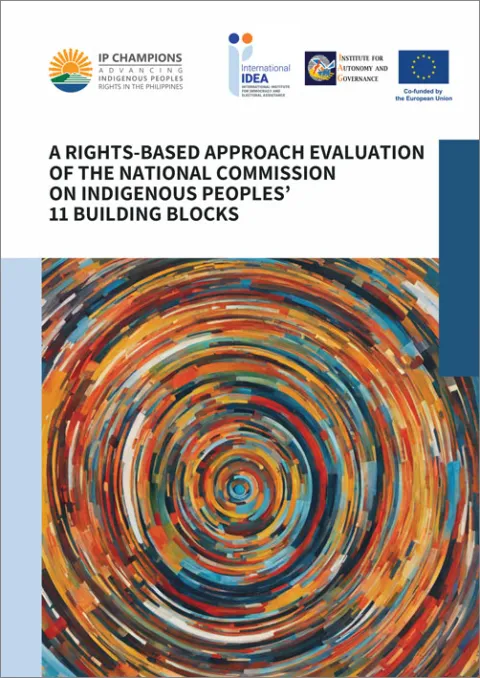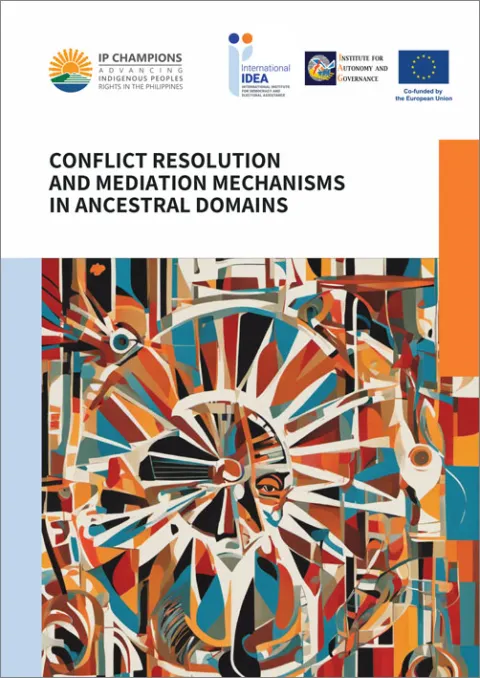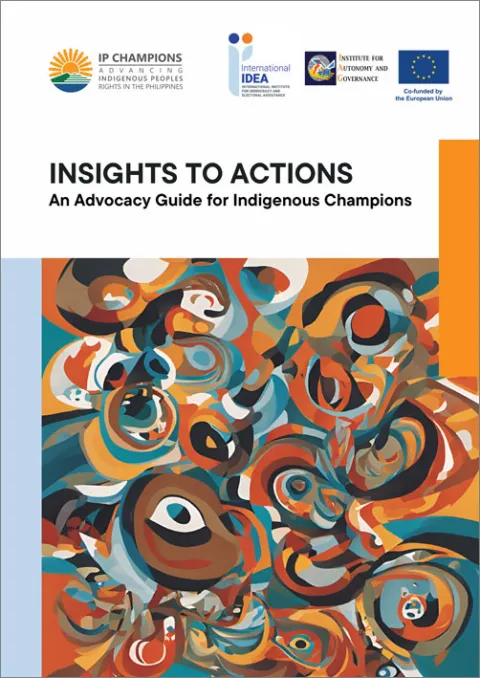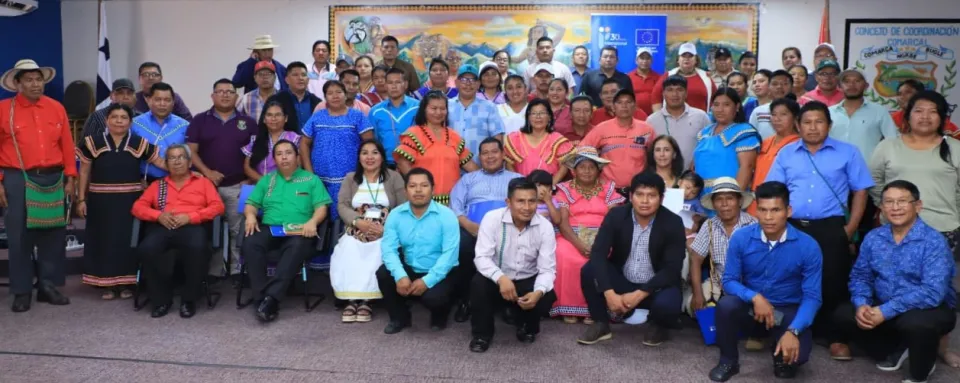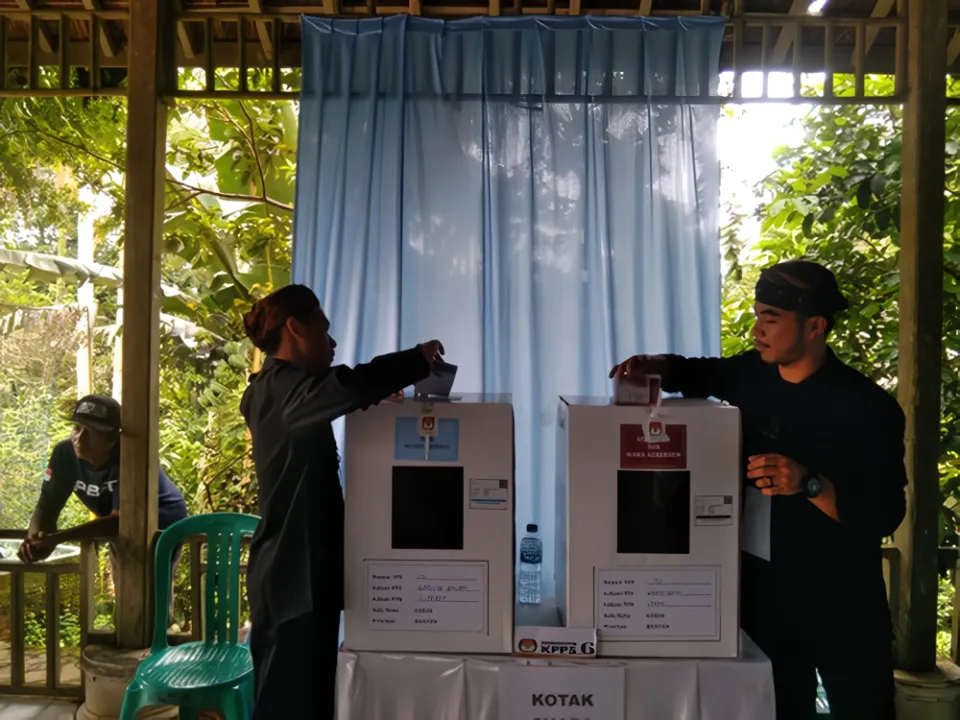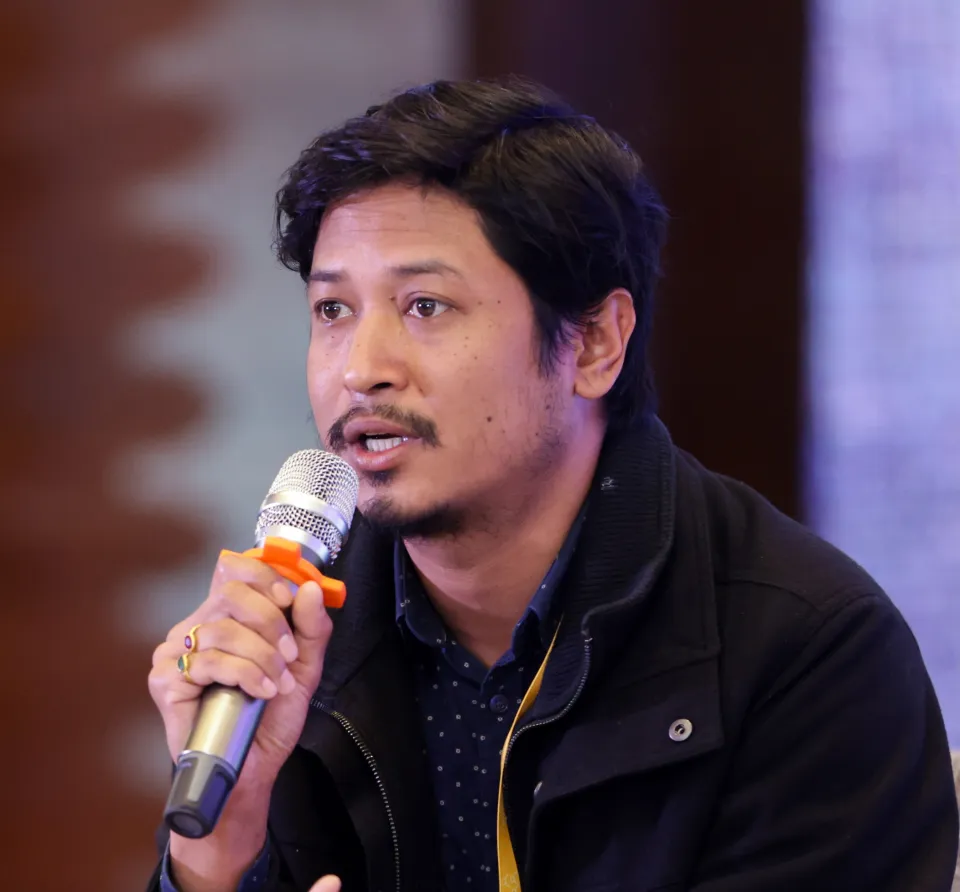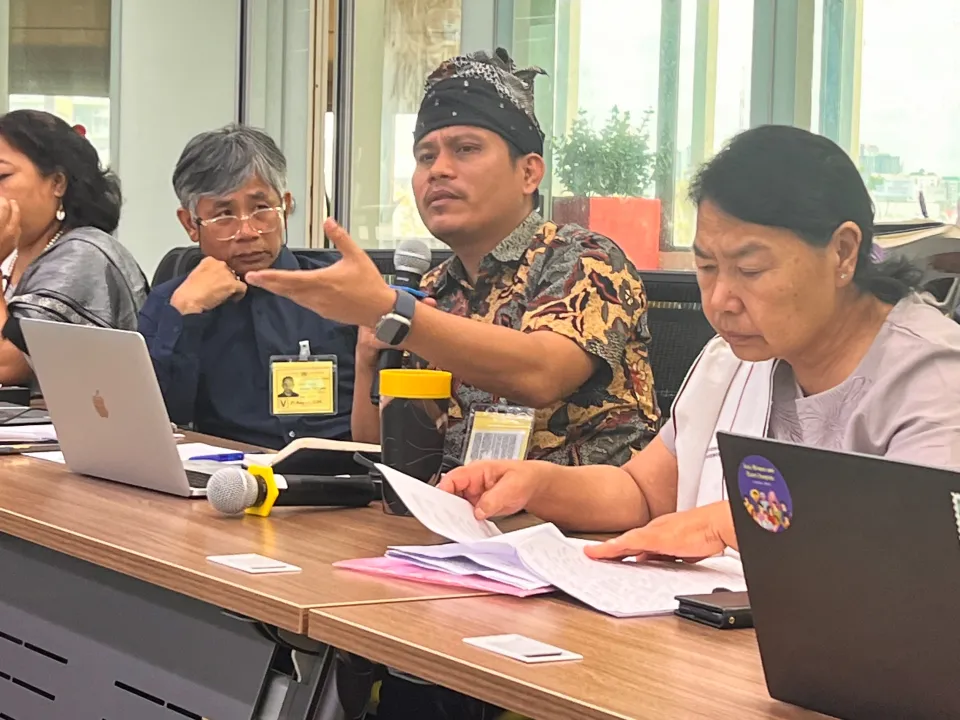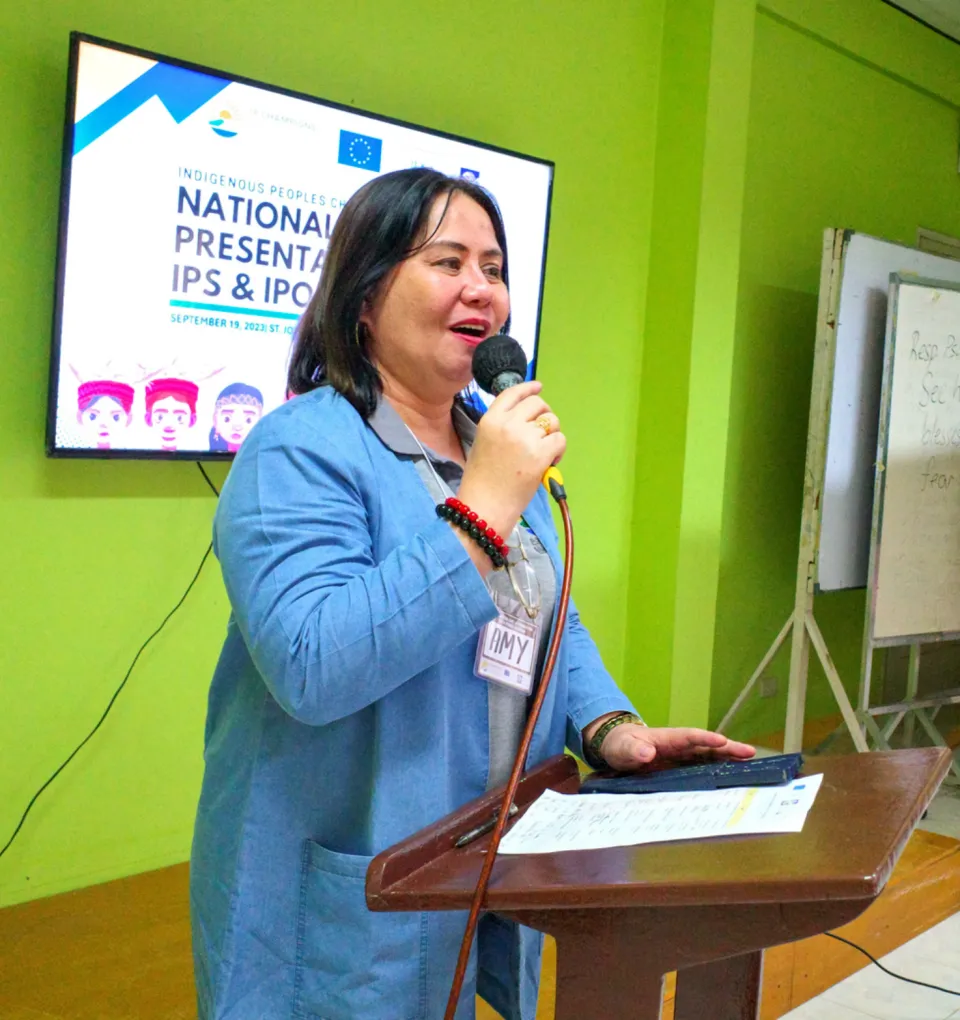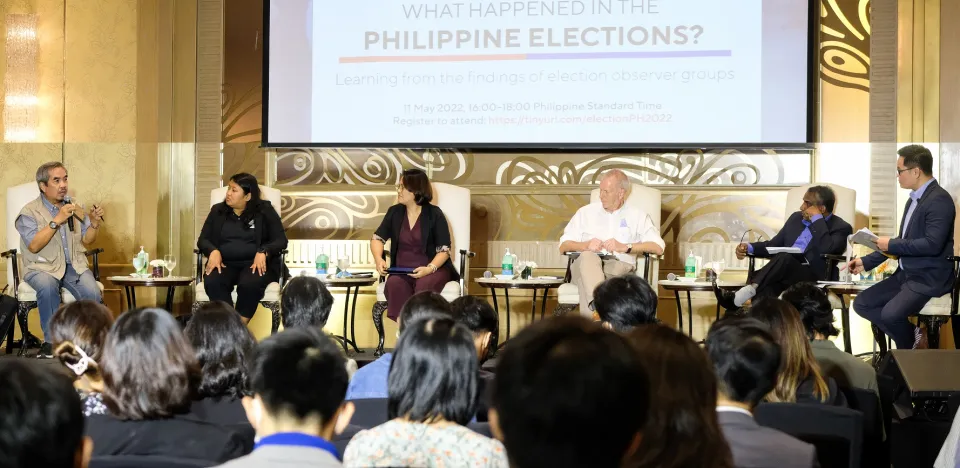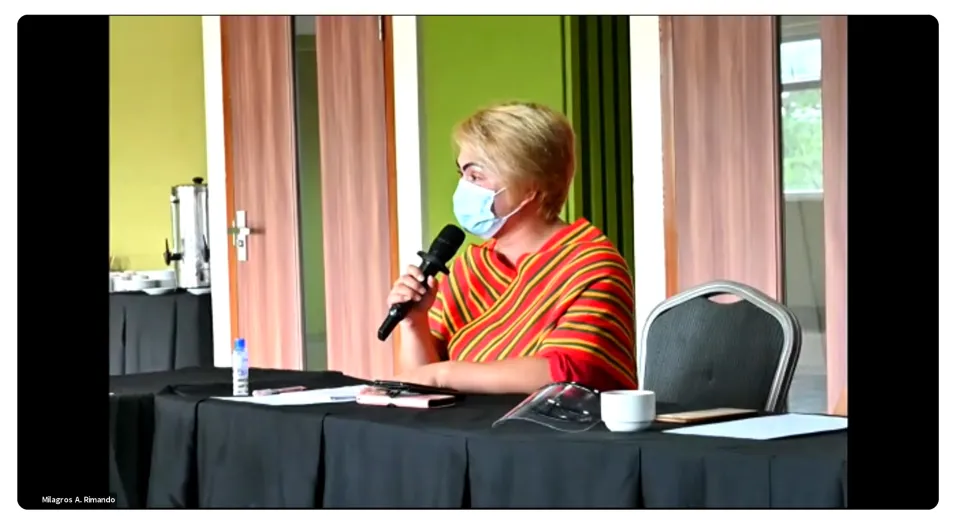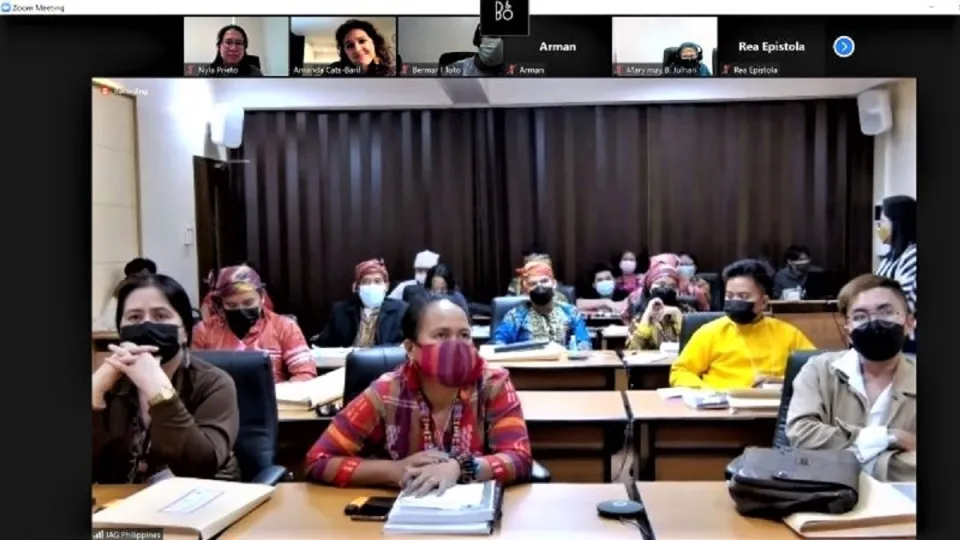Full Recognition for Indigenous Peoples’ Rights in the Philippines
Indigenous Peoples constitute between 14 and 17 per cent of the population of the Philippines. In the Bangsamoro Autonomous Region in Muslim Mindanao, a unique identity is taking shape, known as the Non-Moro Indigenous Peoples.
The rights of Indigenous Peoples are guaranteed by the Philippines Constitution and international law. The passage of the Bangsamoro Organic Law provides opportunities for the Non-Moro Indigenous Peoples to assert their rights to ancestral domain, self-governance, cultural preservation, social justice and human rights. However, despite these developments, significant progress on the ground remains vague.
Details
Contents
1. Introduction
2. Background
3. Analysis
4. Conclusions and policy recommendations
Give us feedback
Do you have a question or feedback about this publication? Leave us your feedback, and we’ll get back to you
Send feedbackFull Recognition for Indigenous Peoples’ Rights in the Philippines
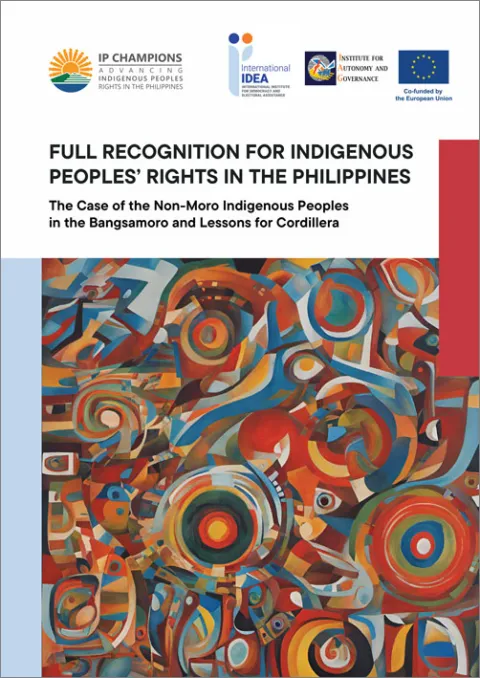
| Total views | 11577 |
|---|---|
| Downloads | 555 |
| Rating |
Give us feedback
Do you have a question or feedback about this publication? Leave us your feedback, and we’ll get back to you
Send feedbackRelated publications
